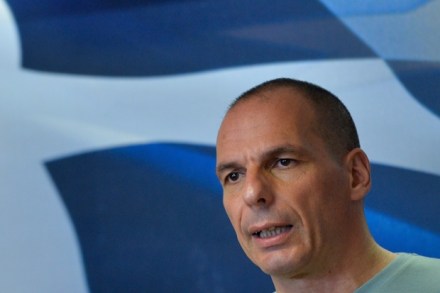Letters | 27 October 2016
Bear baiting Sir: I couldn’t agree more with Rod Liddle’s exposé of western politico-militaristic hypocrisy (‘Stop the sabre-rattling’, 22 October). We’ve already poked the Russian bear way too hard — unnecessarily so. What Rod could have also highlighted was that Nato has spread so far eastwards that it’s a blessed surprise the next world war hasn’t already started. It almost did in 1962 when Khrushchev tried to move nuclear missiles into Cuba. The same principle applies to what ‘we’ are doing now — frontline, aggressive technologies, nuclear-implied, established in the old Soviet states of Latvia, Estonia, Lithuania and even Poland. In Moscow, the memory of 20 million dead Russians and their



















